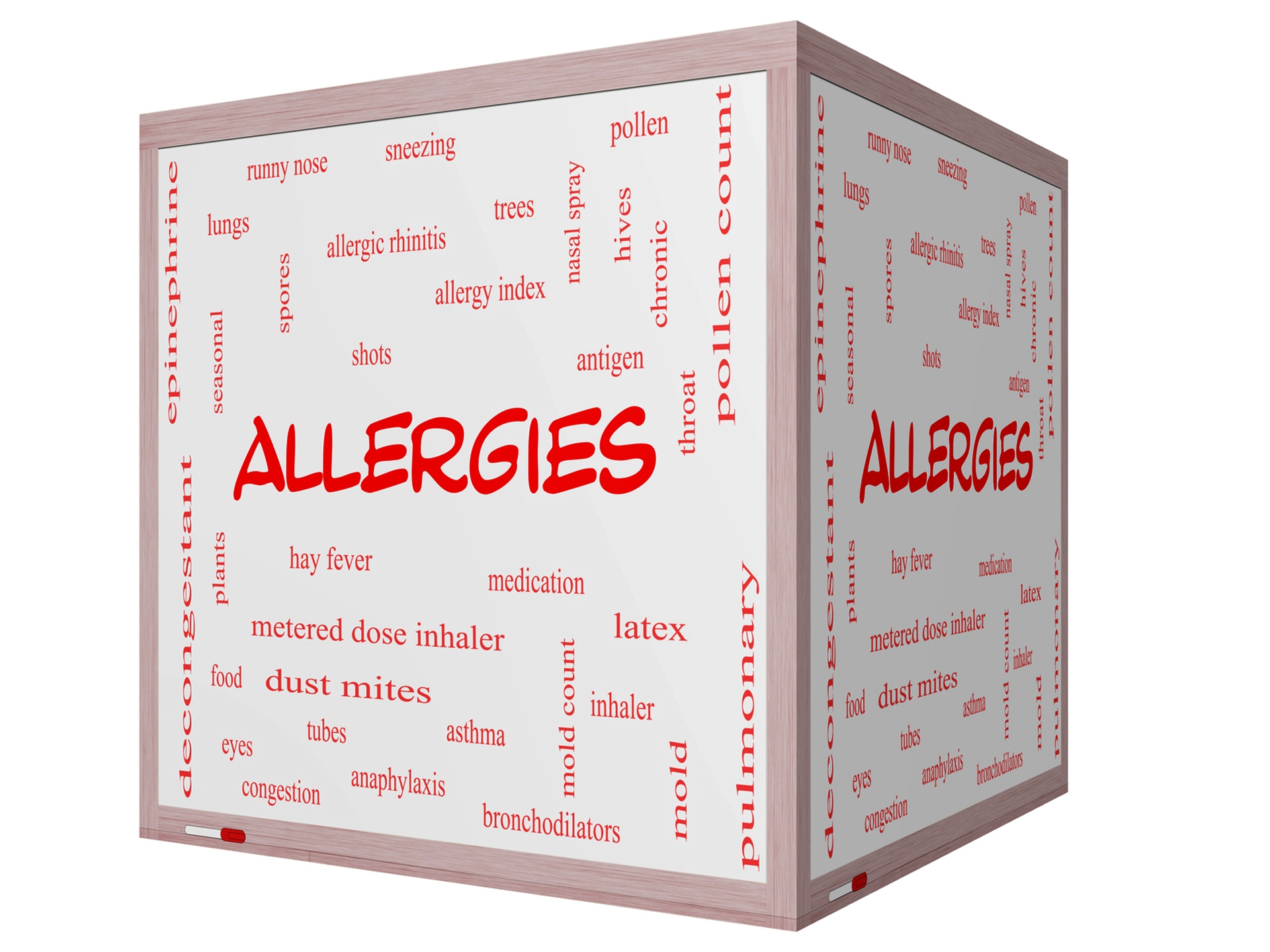Causes and risk factors
An allergy is an autoimmune reaction of the body. When an individual consumes the specific substance to which the person is sensitive to ,the immune system considers it a harmful substance for the body as a result the body stimulates the cells to secret the immunoglobulin’s to nullify the effect of the substance. The next time as soon as one consumes that substance the immunoglobulin’s are stimulated and they release histamines for the defense, this process gives rise to the signs and symptoms. Certain common substances which induce allergies are pollen, dust, mites, some food products (milk, wheat, fish) some medications (penicillin, anti convulsing drugs, medications containing sulphur, certain dyes) etc.
Clinical presentation:
The allergic reaction can range from mild complaints to a serious health problem. Head, respiratory system, gastric complaints and skin are the most common site of affection.A person who is allergic complaints of red eruptions (Urticaria) and itching of the body. The person can also come up with symptoms of respiratory affection like running of nose, running of eyes, cough, sneezing and wheezes. Allergic asthma is very common. The patient finds difficulty in breathing. Headache is also a common complaint seen. Involvement of the gastric system can lead to complaints of pain in abdomen, nausea, vomiting and diarrhea. In some patients allergy can also lead to life threatening condition of anaphylaxis.
Investigations:
Usually the patient himself can identify the allergy to a substance .Diagnosis can be done on the basis of the symptoms narrated by the patients and the physical examination carried out by the doctor. The detail history taken from the patient will help the doctor to evaluate. Routine blood test and allergy test to detect the allergen is recommended by the consultant who will confirm the diagnosis.
Treatment:
As per doctors advised intake of the substance identified as a cause of allergy is completely prohibited. For relieving the discomfort anti allergic medications are advised. Anti histamines and steroids have found to be effective. In cases of anaphylaxis hospitalization and close monitoring is required.
Other modes of treatment:
Certain other modes of treatment can also be helpful in coping up the disease. Taking into consideration the symptoms in holistic way, homoeopathy can offer a good aid for the relief of the symptoms.






























